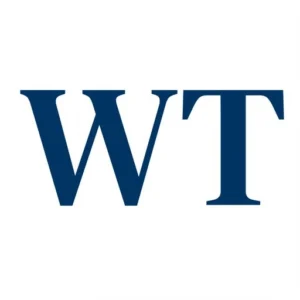
The National Bank of Cambodia (NBC) recently introduced new regulations to strengthen capital buffer and credit risk management for banks and deposit-taking microfinance institutions (MFIs). The purpose of these measures is to enhance risk management capabilities.
According to the NBC’s press release on June 29, these regulations, known as prakas, are part of the solvency framework for banks and deposit-taking MFIs. The prakas have been developed in line with international standards, taking into account Cambodia’s banking and financial systems, as well as relevant legal and regulatory aspects.
The primary objective of these prakas is to reinforce the capital and resilience of banks and deposit-taking MFIs in order to mitigate various risks, including credit, operational, and market volatility. By doing so, they aim to safeguard depositors and investors, maintain business stability, and protect the overall banking system.
These regulations also demonstrate the NBC’s commitment to shaping the future development of financial markets by establishing guidelines for tier one and tier two capital instruments in advance, aligning with international norms. This will bolster the reputation of Cambodia’s banking system and inspire confidence among domestic and foreign investors and lenders.
Furthermore, the NBC’s statement emphasizes its support for sectors such as agriculture, education, and the welfare of the population. It achieves this by reducing the risk-weighting of reasonably sized loans provided to individuals by 85 percent and facilitating housing purchases through credit risk-weighing alleviation.

